If you want a new Audi A3, you will be waiting until 2022 – and right now, dealers can’t say exactly when in the year. At least their opposites at Jaguar know precisely how long you will have to wait for a new I-Pace: 12 months.
New car delivery times are a familiar issue at the moment, with their roots in the Covid-19 pandemic; a global semiconductor shortage as manufacturers divert supplies to consumer electronics; a winter storm in Texas; runaway consumer demand; reductions in passenger flights (they carry a lot of cargo); and container ship challenges (the Ever Given that blocked the Suez Canal in March seriously disrupted schedules).
We’re talking about delivery times again because occasionally a reader contacts us in a stew about them, reminding us once again that big economic stories have a human dimension.
“I ordered a new Mazda CX-5 2.5 GT Sport AWD six weeks ago, with a confirmed delivery date of 28 October,” wrote Terry Osborn. “Then, recently, the dealership rang to tell me my order had been cancelled by Mazda but that I could instead have the updated version that would arrive next March. Although they would sell me it for the same price, they couldn’t say how it would differ from the car I ordered. For this reason, I cancelled my order.”
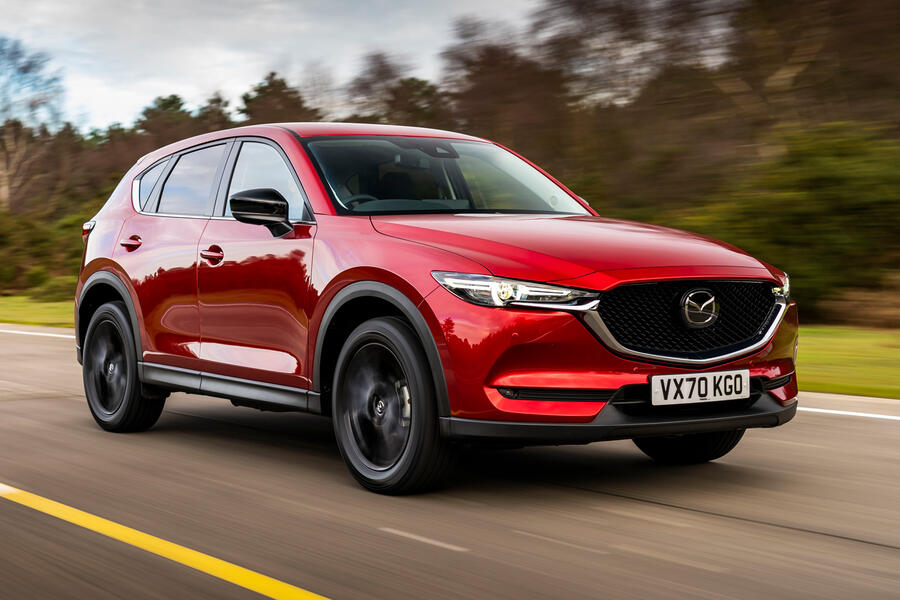
A Mazda spokesman told Autocar: “This month, we shifted our CX-5 production to the new model. We prioritised existing customer orders for the current model, but a small number of customers were impacted, and we advised dealers to offer them a switch to the new model. The number of CX-5 orders affected is around 80 cars.”
Pleasingly, Terry’s story has a happy ending, since he has managed to purchase a new Volvo XC40 for delivery in mid-October. “I got a terrific deal and also made a profit on my part-exchange, an Audi S3 – only the second car I’ve achieved that with,” he told us later.

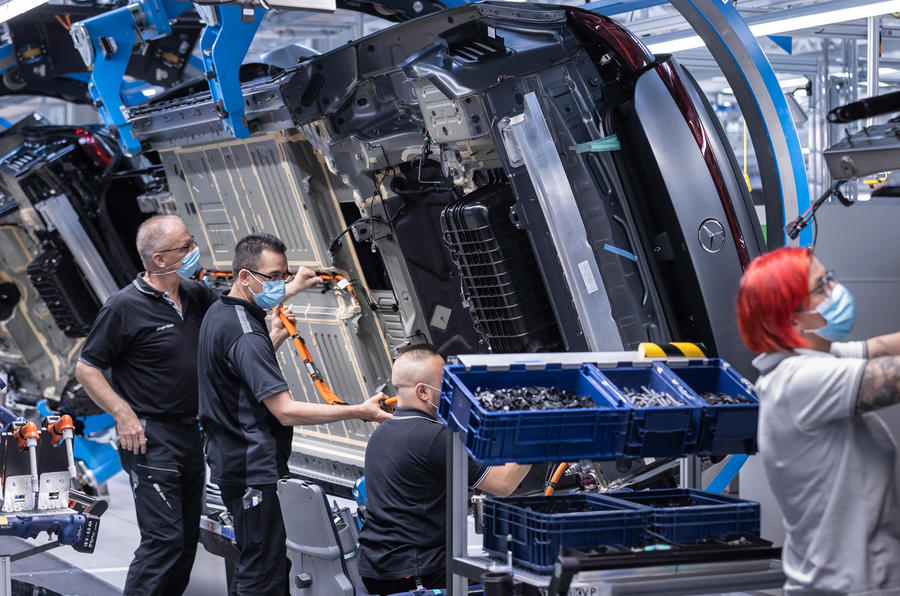



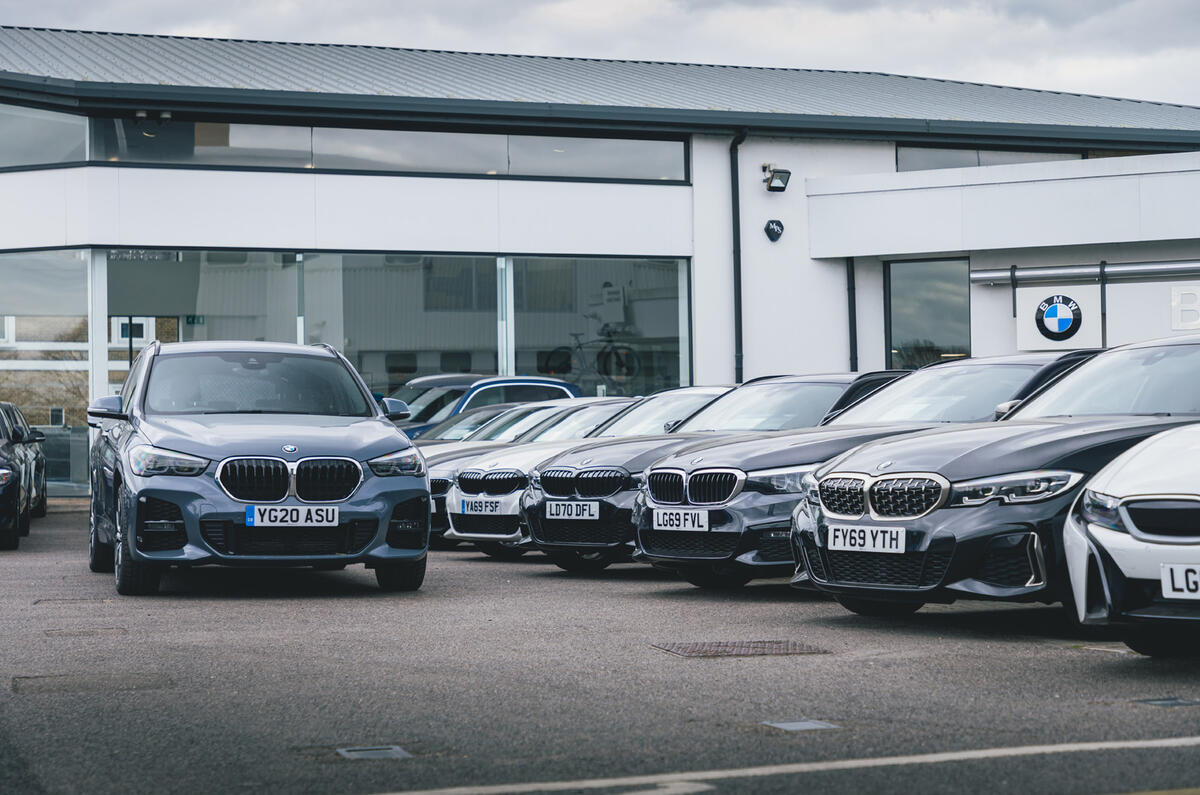


















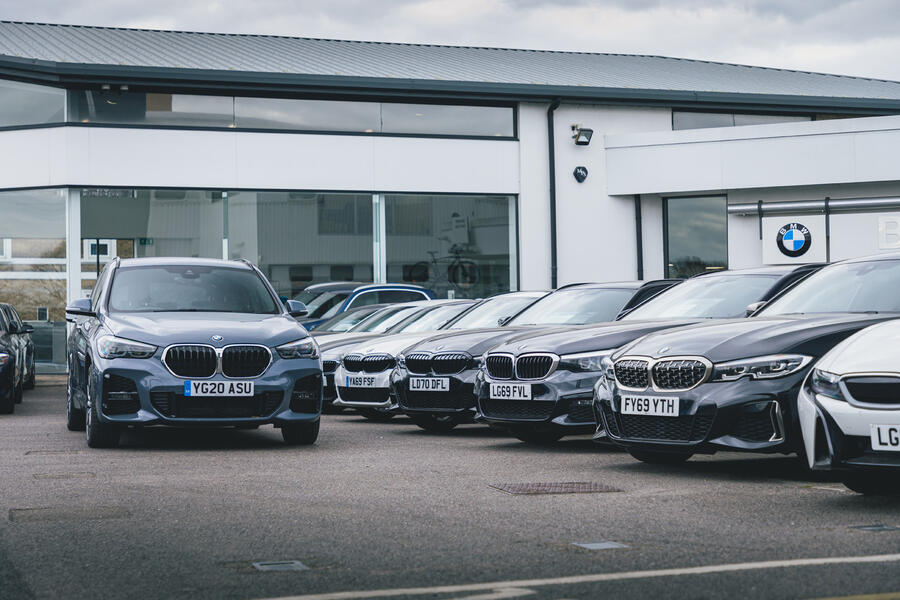
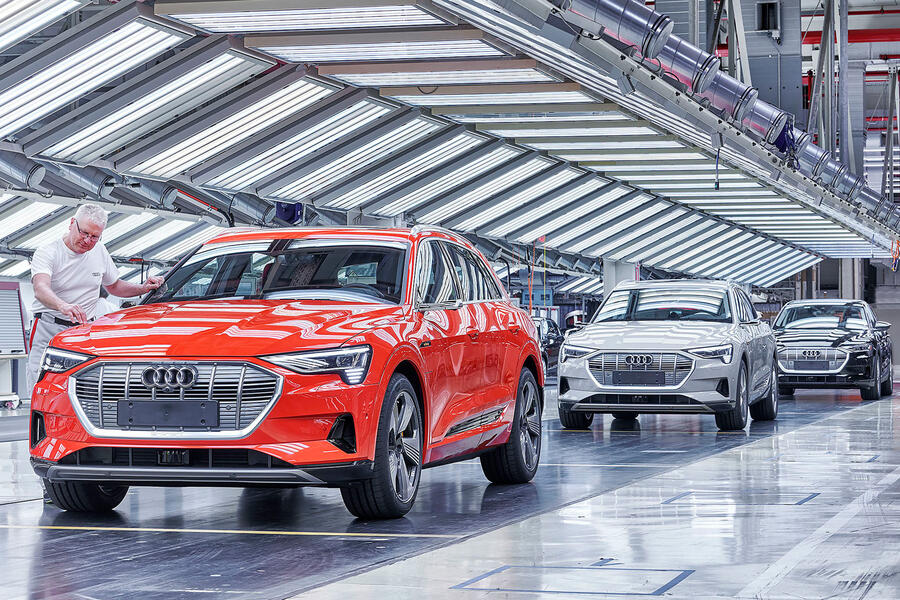
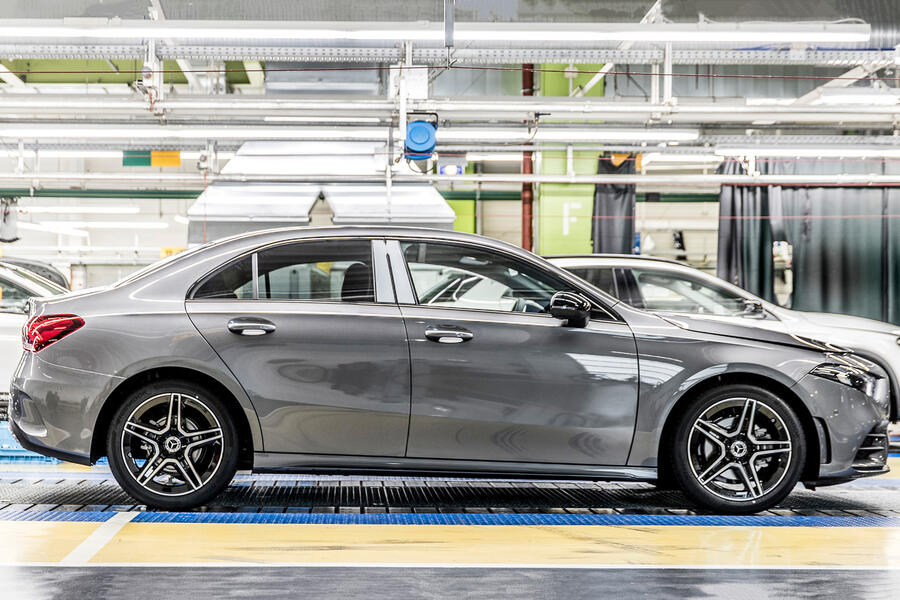


Join the debate
Add your comment
Just come across this article after being informed my VW Tiguan order has an unconfirmed build of week 27, 2022. I ordered the car on 8th October 2021! 3 weeks ago I was told unconfirmed build week 20. In the space of 3 weeks it's been pushed back 7 weeks. My confidence levels that this car will be delivered this year are beginning to fall. I knew all about the production delays before ordering but if the latest forecast is correct it will be at least 9 months between ordering and build with delivery another 3 - 4 weeks after that!. I'm gutted but there some people who can't afford a new car so mine is a first world problem I guess.
All I can say is what a load of trash saying Hyundai/Kia is a wait of weeks not months! I have been waiting 2 months for my car to even enter production! I know of some people waiting over 6 months since ordering and their car isn't even in production yet either!
While this story focuses on the consumer experience, the blood must be filling the gutters at many of these car manufactuers. It was hard enough to make a profit in the oversupplied market previously - now those slim profits are gone and the all-so-important cashflow with it.Why use your precious chips in some slim-margin econobox? We see Ford and GM in the US shifting production to the big-seller/big-profit pickup trucks. And it is not unlikley that similar moves will be made by others. But while chasing the richer car buyers may work for Audi/BMW/Mercedes/JLR, it's hard to see it working well for the mainstream marques. I predict a big shakeout with fewer lines available. And this will only hasten the move to simpler electric vehicles. Let's see where they are built - cue more unelmployed European car workers